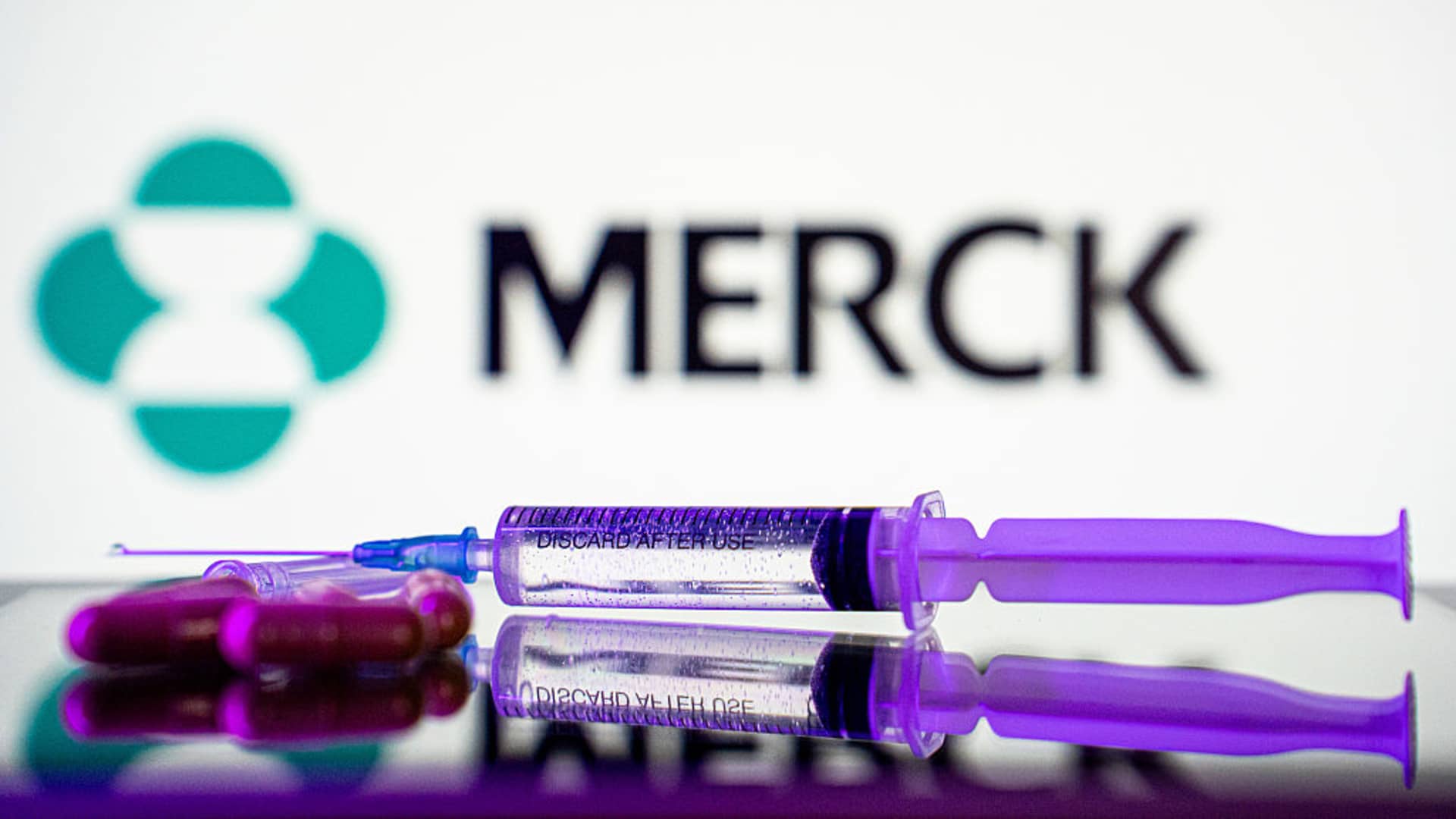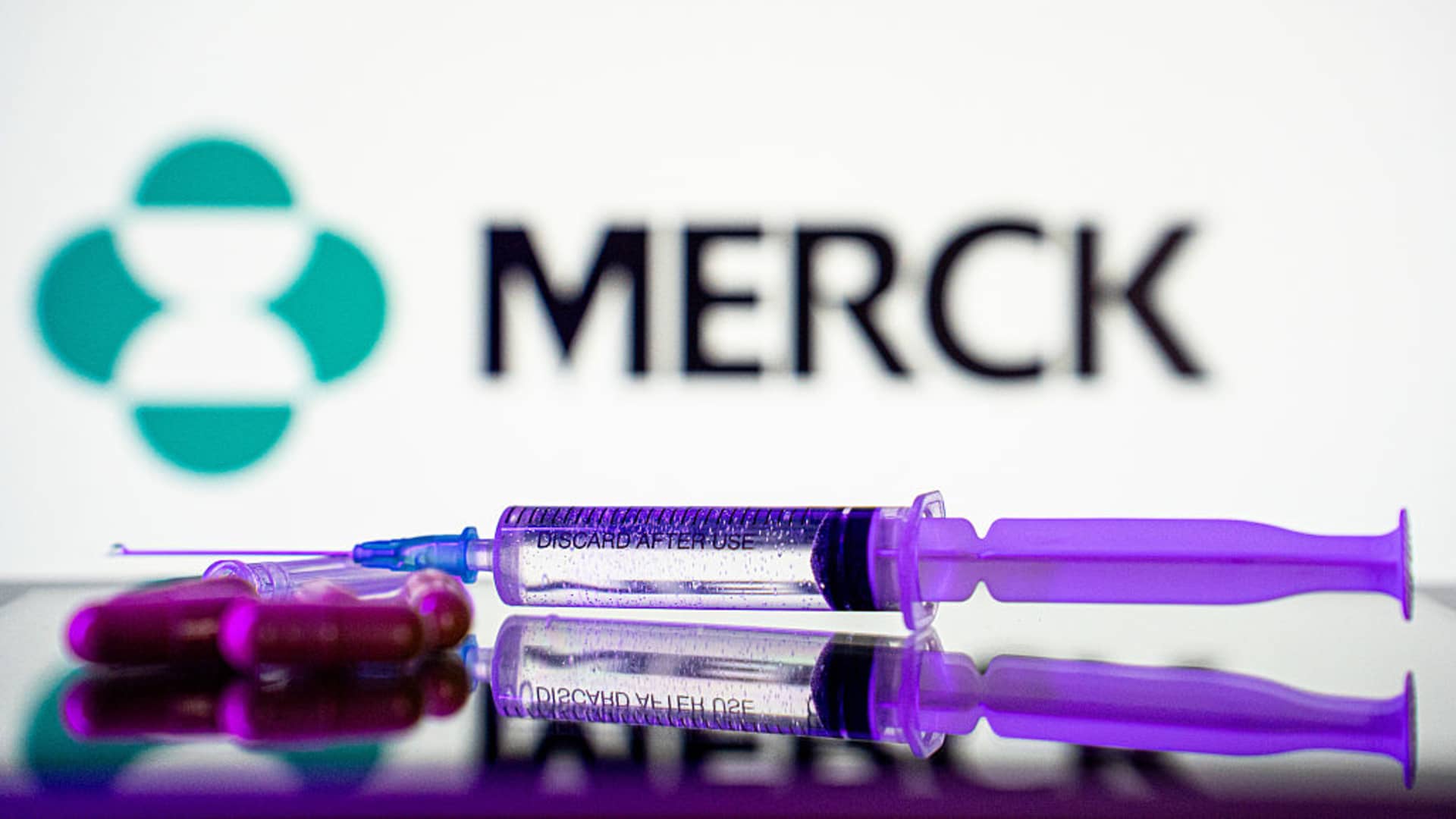In a surprising turn of events, Robert F. Kennedy Jr., a figure long associated with vaccine skepticism, now oversees a federal vaccine advisory panel that has just recommended Merck’s new RSV antibody shot for infants. This decision, coming from a committee filled with Kennedy’s appointees and under intense scrutiny, has both unsettled and reassured observers, particularly parents and public health professionals. The move raises critical questions: What drove this committee to endorse Merck’s product? What data shaped this decision? And what does it mean for the future of pediatric immunization in the United States?
The Stakes of RSV in Infant Health
Respiratory Syncytial Virus (RSV) has long been a significant threat to infant health, particularly during the winter months. According to the Centers for Disease Control and Prevention (CDC), RSV hospitalizes up to 80,000 children under five annually in the U.S., with babies younger than a year facing the highest risk. For most infants, RSV symptoms resemble those of a common cold, but for the most vulnerable, the virus can rapidly escalate into a life-threatening illness. Pediatricians have long sought effective preventive measures, frustrated by decades of setbacks in drug development. Until recently, the primary defenses against RSV were limited to a costly drug for premature infants, basic hygiene practices, and hope.
The Science Behind Merck’s RSV Antibody
Merck’s new product is not a traditional vaccine but a long-acting monoclonal antibody administered as a single shot to infants as they approach their first RSV season, typically in the fall and winter. Unlike vaccines, which train the immune system to recognize and fight off pathogens, this injection delivers engineered antibodies that provide immediate protection against RSV for several months.
Clinical trials presented to the advisory committee demonstrated that a single dose of Merck’s antibody reduced RSV-related hospitalizations by 47% in newborns up to two months old. This is a significant breakthrough for a high-risk population with few preventive options. The safety profile of the shot was also robust, with side effects reported as mild and temporary. The clear efficacy and safety data presented a compelling case for the committee’s endorsement.
The Unexpected Vote: Kennedy’s Panel in Action
The Advisory Committee on Immunization Practices (ACIP), reconstituted under Kennedy’s leadership, faced intense scrutiny due to the inclusion of members with vaccine-skeptical views. Many wondered whether the committee would reject or delay the approval of lifesaving tools based on ideological grounds. However, the committee voted overwhelmingly to recommend Merck’s RSV antibody shot for all infants aged 8 months and younger who were approaching or in their first RSV season.
This decision relieved many in the medical community, who had feared that the panel might reject new vaccines outright. The vote suggests that, at least in this instance, evidence trumped ideology. The committee’s decision was likely influenced by the devastating real-world impact of RSV, the clarity of the clinical trial data, and the fact that the antibody shot does not involve the same controversies as traditional vaccines. Unlike vaccines, which provoke long-term immune memory and sometimes use new technologies like mRNA, Merck’s antibody is a more straightforward intervention.
Factors That Swayed the Vote
Several key factors appeared to influence the committee’s decision:
Pediatricians shared harrowing accounts of infants rapidly deteriorating from RSV infections, highlighting the urgent need for preventive measures. The human cost of RSV was a powerful motivator for the committee.
The clinical trial results were unambiguous: nearly half of the treated infants avoided hospitalization compared to their untreated peers. The data was robust enough to override any ideological reservations.
As a monoclonal antibody rather than a vaccine, Merck’s shot avoided many of the controversies that surround traditional immunizations. This distinction may have made it easier for skeptical committee members to support the recommendation.
Even panel members known for their cautious stance on vaccines acknowledged the strength of the available data and the lack of viable alternatives for preventing RSV in infants.
Controversies and Cautious Optimism
While the vote was largely supportive, it was not unanimous. Some dissenters argued for the need for longer-term data or raised concerns about the cost and accessibility of the treatment. Additionally, vaccine advocates remain wary, wondering whether the committee’s approach will hold for more contentious immunizations, such as new pediatric flu shots or measles boosters.
Despite these concerns, the RSV vote offers a glimmer of hope. It suggests that, at least in this case, science prevailed over politics. This could reassure anxious parents and signal that the reconstituted panel is capable of making evidence-based decisions, even under Kennedy’s leadership.
Access, Equity, and Next Steps
The committee’s recommendation is just the first step in making Merck’s RSV antibody shot widely available. The CDC and insurance providers must finalize guidelines, and pediatricians need clarity on reimbursement and supply. If successfully rolled out, the shot could become a routine part of infant care, addressing longstanding gaps in RSV prevention.
However, challenges remain. Distributing and tracking a new monoclonal antibody, especially in diverse pediatric settings, will require careful planning. Equity concerns are also paramount: Will children in rural clinics have the same access as those in urban centers? Will uninsured babies be left behind? Addressing these issues will be critical to ensuring that the benefits of this intervention reach all infants who need it.
The Bigger Picture: Implications for Kennedy’s Legacy
Kennedy’s leadership of the federal vaccine advisory process has been controversial, particularly his decision to replace longtime panelists with outsiders and self-described skeptics. This move has divided public health experts, who worry about the potential for ideological influence on future immunization decisions.
However, the RSV vote complicates the narrative. Rather than obstructing progress, Kennedy’s committee delivered a mainstream, evidence-based response to a significant pediatric health threat. Whether this decision marks the beginning of a new era of pragmatic, data-driven decision-making or is merely an anomaly remains to be seen.
A Surprising Step Forward
The recommendation of Merck’s RSV antibody shot for infants is more than a technical endorsement—it is a beacon of hope for parents facing the dangers of a common and potentially deadly virus. It also signals that, at least for now, facts have outweighed partisanship, even under the leadership of a famously contrarian figure.
Much work remains: ensuring equitable access, tracking long-term outcomes, and maintaining a commitment to evidence as the year’s immunization controversies continue. But for now, the unexpected alignment of Kennedy’s panel with mainstream medical opinion represents a reassuring win for the youngest among us—and a rare moment of unity in a polarized era of American health policy.












